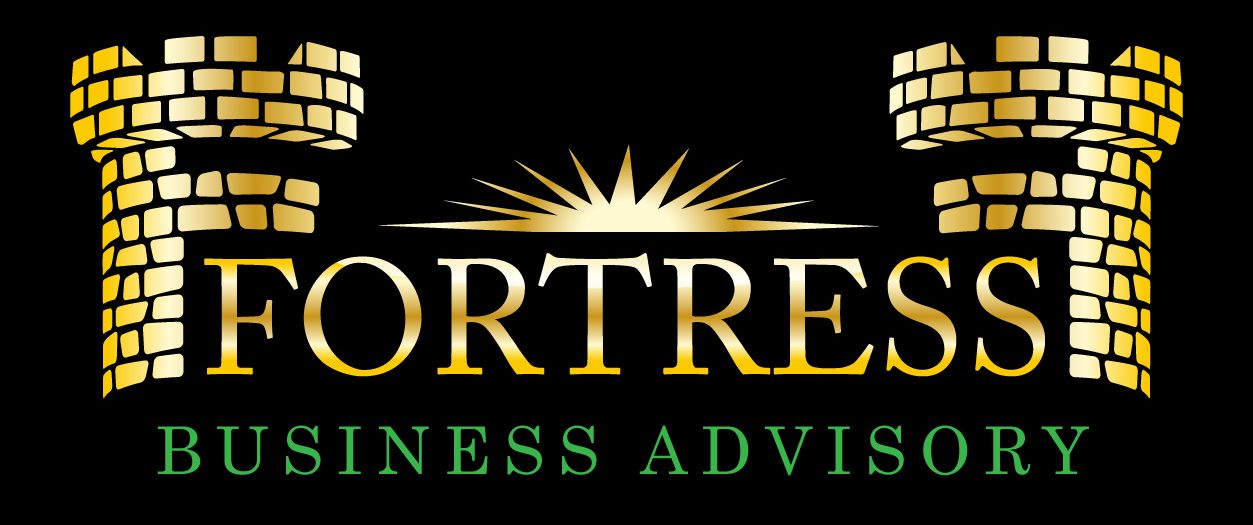The Burden of Brilliance: Challenges of Relying on One Key Person’s Expertise
In the dynamic landscape of business operations, key persons often emerge, wielding considerable influence over the company’s success. Whether it’s the visionary business owner whose strategic acumen drives the company forward or the indispensable key employee whose expertise is unparalleled, reliance on individual prowess can be both a boon and a vulnerability.
When a business hinges heavily on one person’s expertise, performance, or personal work, it walks a precarious tightrope. The brilliance and dedication of the key person can propel the company to new heights, but it also poses significant risks. Any disruption, whether due to illness, departure, or unforeseen circumstances, can send shockwaves through the organization, destabilizing operations and jeopardizing future prospects.
Why Is Key Person Coverage So Important?
The Difficulty of Replacement
The reliance on key persons underscores the importance of talent retention strategies within organizations. Recognizing and nurturing these individuals becomes paramount to maintaining organizational stability and competitiveness. Moreover, the departure of a key person can pose significant challenges, disrupting workflows, impacting morale, and potentially leading to a loss of institutional knowledge.
Recognizing and mitigating this dependency is crucial for business resilience. Diversifying skill sets, cultivating a culture of collaboration, and investing in cross-training can help distribute knowledge and responsibility across the organization. Additionally, implementing succession planning and key person insurance can provide safeguards against the unforeseen departure or incapacity of a key person, ensuring continuity and stability in the face of adversity.
In essence, while the contributions of key persons are invaluable, prudent business leaders understand the importance of mitigating reliance on individual talent to safeguard long-term success.
Multiple Shareholders
In the intricate realm of business dynamics, the presence of multiple shareholders actively involved in day-to-day operations adds layers of complexity. These shareholders contribute not only capital but also expertise and effort towards the company’s growth and success. However, there may come a time when liquidity needs arise, and these shareholders seek a means to realize the value of their investment in the business.
Providing liquidity for shareholders who are deeply entrenched in the operational fabric of the company requires strategic foresight and careful planning. Traditional exit strategies, such as selling shares on the open market or seeking acquisition by a larger entity, may not always align with the desires of shareholders who are integral to the business’s operations.
Company Debts Guaranteed
Key Person Insurance serves as a crucial safeguard for businesses burdened by business debt, offering financial protection in the event of a key individual’s untimely demise. When a key person passes away, the company may face challenges in maintaining its operations and generating revenue, exacerbating the difficulty of repaying business debt.
In such scenarios, Key Person Insurance provides a lifeline by covering outstanding business debt obligations, alleviating the financial strain on the company. By ensuring that the debt is repaid promptly, the insurance policy helps preserve the financial stability and reputation of the business.
Disability
Losses related to the absence of the key person. The key person may have been involved in sales to customers dependent upon the key person’s relationships. The key person may also have been managing ongoing projects. Their loss may lead to lost sales and profits or delays to company projects.
Conclusion
It is important not to confuse Key Person Insurance with Personal Life Insurance. Key Person Insurance is meant to benefit the company so it can continue operations. As an individual employee or business owner, if you have dependents such as a spouse or children who depend on your income to survive, you may also want to purchase personal life insurance or business-funded life insurance.
Your Business Advisor should be walking you through the complexities of how this can impact your financial plan, tax obligations, estate plan, and exit planning. Find an advisor who can look at all of these areas from an integrated lens. Your future depends on it!
We Are Here For YOU!

Questions

Email Us

Schedule An Advisory Call

